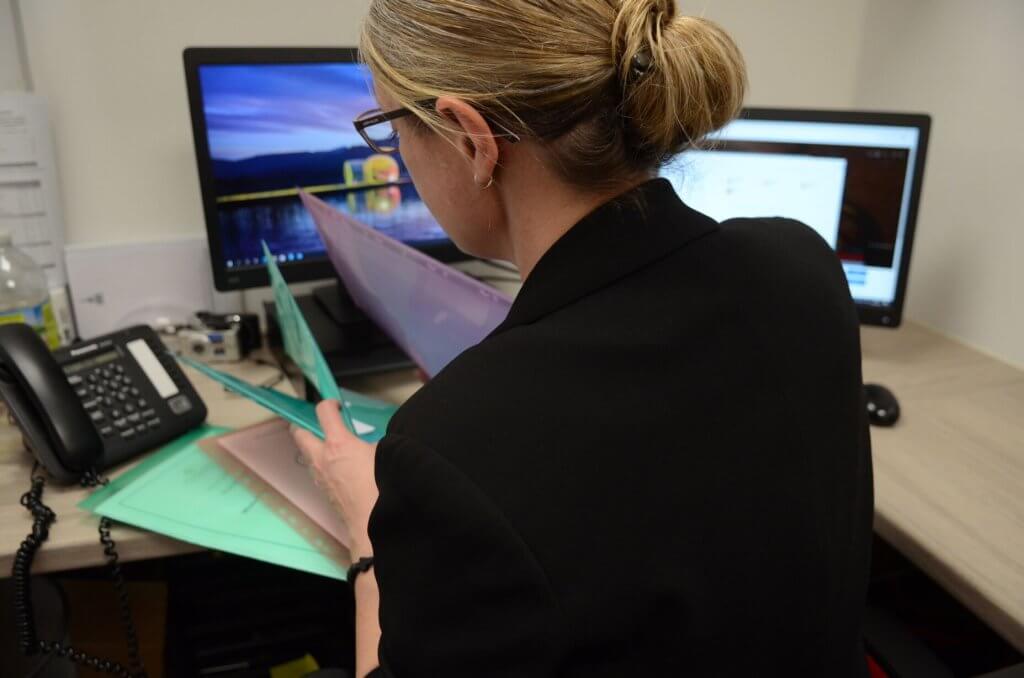Schools and colleges have a duty to do all they can to prevent people from being drawn into terrorism. This comes under section 26 of the Counter-Terrorism and Security Act 2015, as stated in Keeping Children Safe in Education 2020 and is an Ofsted requirement, known as The Prevent Duty.
Since 2015, schools have been required to ensure that their staff are aware of how to recognise signs and indicators that a child or young person may be being drawn into terrorism. All school staff are required to access Prevent Awareness training upon beginning their role and Ofsted will often ask staff members about their knowledge of the Prevent Duty.
As with many safeguarding topics, on the whole, staff are confident in being able to recognise the signs and indicators that children and young people may be being radicalised or are beginning to display extremist views. Most colleagues will be confident in raising these concerns and will understand their duty in reporting these to their Designated Safeguarding Lead. The school or college’s Designated Safeguarding Lead will, in turn, understand their local authority’s procedures for making a Prevent referral when concerns for a child or young person arise.
However, before the recognition of these signs and indicators, school staff also have a duty to discuss extremism, radicalisation and terrorism with their pupils. This, for many, can be a difficult conversation to have for various reasons; not knowing how to do this in an age-appropriate way; being sensitive to the fact that pupils may be fearful of the topic; not wanting to jump to conclusions or stereotypes; opening a ‘can of worms’ whereby difficult questions arise. These concerns must be overcome by reminding ourselves of our duty, that schools and colleges are a safe environment for these discussions to arise, and that like any other safeguarding topic, we must inform our young people of the dangers of radicalisation just as we do with sexual exploitation.
Below are some useful areas to help open up such conversations, which will hopefully support staff in feeling more confident in discussing extremism, radicalisation and terrorism.
- Provide a safe space. Remember that discussing extremism with children and young people in school is a much safer and controlled environment than others and utilise this as much as possible. Although you may feel ‘out of your depth’, you are providing an environment where children can challenge their own and others’ opinions without prejudice and with gentle guidance. We’d much rather open these conversations safely within school or college than allow children or young people to do their own research online, which could pose more risks and expose them to disturbing material. So, with clear boundaries and guidelines outlined, try to provide this ‘safe space’ as much as possible, where children and young people feel able to listen, ask and debate.
- Outline some agreed guidelines. When opening conversations on sensitive topics it is a good idea to clearly outline your expectations and agree some guidelines as a group. These may be as simple as only one person speaking at a time, but may also include things such as being respectful of others’ opinions alongside being able to challenge them appropriately.
- Utilise resources. There are many great resources out there on prevent, and over the years they have been adapted and added to, to ensure that they are age appropriate and remain relevant to the young people of today. The government’s website Educate Against Hate provides many free resources ranging from Early Years and Foundation Stage up to college, including assembly packs, lesson plans and information to be shared with parents around the topic of extremism and radicalisation. Utilise these as much as possible, especially if you feel less confident in tackling the subject on your own.
- Use your knowledge of British Values. Democracy; rule of law; individual liberty; and mutual respect and tolerance of those of different faiths and beliefs, are all strong discussion points when we consider extremism and how this should be challenged. Think about how your setting supports these values and what you have in place to promote them, for example, having a school council representing democracy. In Early Years and Foundation Stage you may wish to discuss the school rules and how they are in place to keep people safe. Extremist views challenge all of these fundamental values and by discussing them frequently, we allow children and young people to challenge those who do not promote them.
- Build resilience. Allow children and young people to look at political and social issues, to challenge them, debate and make reasoned arguments. Facilitate these conversations and in a safe way, allow children to consider their own views and how they may respond to challenges in the future.
- Be aware of who may be more vulnerable to radicalisation. There are particular vulnerable groups of children who are more likely to be radicalised into extremism or terrorism and it is good practise to raise your awareness of these pupils and be vigilant to any changes in their behaviour in particular. SEND pupils, children in local authority care, those who are victims of abuse, are all more likely to be groomed into extremism, just as they are into any other criminal activity.
- Report your concerns. Be aware that on having such conversations with pupils, you may become concerned with some of the responses that you come across. Ensure that you report your concerns to your designated safeguarding lead so that the appropriate support can be put in place.
- Finally, seek support. Don’t ever feel that you are on your own when discussing sensitive topics with your pupils. If you are unsure on how to approach it, speak to your senior leaders or designated safeguarding lead, who may be able to point you in the right direction or co-deliver a session alongside you. If a question arises during a conversation with pupils that you are unsure how to answer, simply tell the pupils that you will have to get back to them. Take the time to discuss your response with a colleague, back it up with evidence from a resource, and then respond at an appropriate time.
The key message here is to remember that schools are much better equipped to discuss radicalisation, extremism and terrorism due to the experience of school staff, the resources that offer support, and of course the incredible wealth of cultures and backgrounds in one community. Schools and colleges are diverse communities which continue prove that mutual respect, democracy, rule of law and individual liberty will endeavour to overcome extremist views.
At our Safeguarding Conference, which will be held in February 2021, we are lucky to have Andy Webb, a constable within the Counter Terrorism Policing North West Prevent Team. Andy will be running a workshop for delegates to discuss JIGSAW and will be able to discuss some updates to the Prevent Duty which are due to be published towards the end of this year. JIGSAW is an approach which looks at how professionals can spot and stop the indicators and signs of radicalisation in children and young people. JIGSAW is also used within communities to support their understanding of radicalisation and extremism and how this can emerge within an every day environment.
Book your place on the One Education Safeguarding Conference 2021.
















